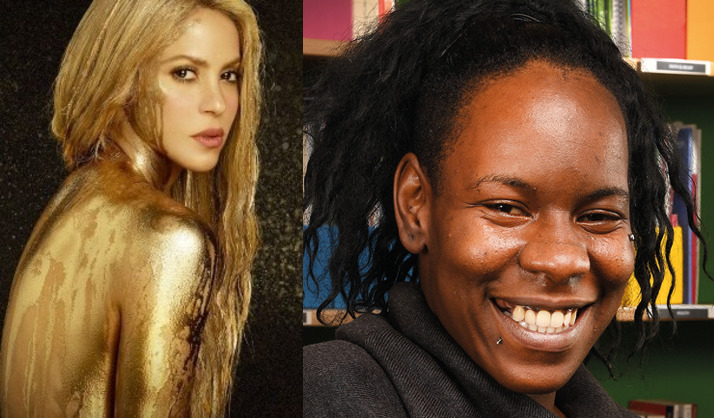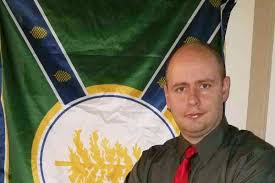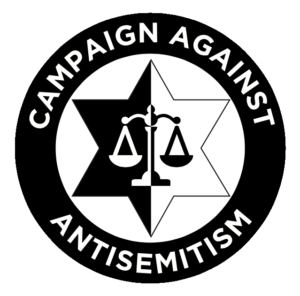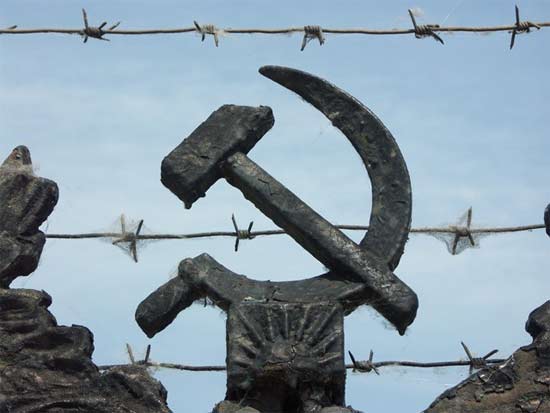The Massive Influx of Non-Whites Is Bad for the West
Shakira is a Colombian pop-star. Shakira Martin is a Black student-leader. For thousands of years their ancestors occupied different physical and cultural environments, and were subject to different evolutionary pressures.

Two very different Shakiras
Shak Attack
That’s why the two Shakiras belong to separate races of Homo sapiens. They’re genetically and phenotypically different — and that involves far more than their skin and hair. Their bones and body-chemistry are different too. So are their brains. Shakira the pop-star is famous for being svelte, sexy and seductive. Shakira the student-leader may become famous for being crude, aggressive and obnoxious:
NUS president Shakira Martin accused of bullying at union HQ
National Union of Students leader denies allegations and claims she is victim of racism
The National Union of Students [NUS] is conducting an investigation after allegations of bullying and intimidation were made against the NUS president, Shakira Martin, by fellow officers. … Martin vehemently denied being a bully and said bullying should play no part in student politics. She said she felt traumatised by the attacks against her on social media, which had brought her close to quitting her role, and claimed they fed into a stereotype of an angry black woman. …
“I’m a strong, outspoken, articulate black woman that likes piercings and tattoos and I’ve got swagger. I’m not going to change myself. I’m not going to be anything but Shakira — rough around the edges, straight talking, authentic, real Shakira.” (NUS president Shakira Martin accused of bullying at union HQ, The Guardian, 31st January 2018)
Shakira Martin has got “swagger” because she’s got testosterone: she’s much more masculine than Shakira the pop-star. Accordingly, she’s also much less attractive. Black women are, on average, the least popular group in the sexual market-place and they often complain not just that Black men are dating White women, but that the mass media encourage this behaviour by the constant depiction of Black men with White women. They’re right: the mass media do encourage this behaviour. It’s part of a Jewish agenda of race-mixing and harms the White women who succumb to it, because they suffer much higher rates of violence and abandonment with Black partners. It also harms Black women, who are deprived of partners with whom they are more compatible and more likely to have successful relationships.
I bet my White girlfriend that every pro-Black and every anti-White identity ad in our subway was produced by Jews, who profit from racial coalition politics. She didn’t believe me.
If I’m a Jewish guy and notice this, how exactly do you think most White people feel? pic.twitter.com/FDU9qNoEFs
— Frame Game Radio () (@FrameGames) February 7, 2018


 On Friday afternoon January 19, after what seemed like an interminably long two-hour drive from my home on the coast to Bangor, I finally pulled into a parking spot outside the small Irish pub where I had previously arranged to meet Tom Kawczynski. We had spoken over the phone a few times and been interacting on social media for a few months, and for the last several weeks we had been trying to work out a time and place to meet, but since we lived about four hours apart – on opposite sides of the state – this was the first chance we had to do so.
On Friday afternoon January 19, after what seemed like an interminably long two-hour drive from my home on the coast to Bangor, I finally pulled into a parking spot outside the small Irish pub where I had previously arranged to meet Tom Kawczynski. We had spoken over the phone a few times and been interacting on social media for a few months, and for the last several weeks we had been trying to work out a time and place to meet, but since we lived about four hours apart – on opposite sides of the state – this was the first chance we had to do so. That’s why you would expect Jews to greet a certain new legal definition with horror and disbelief. The definition is vague, arbitrary and deplorably imprecise. Any law based on it truly will be an invitation to injustice and a club in the hand of the overweening state. The deplorable definition goes like this:
That’s why you would expect Jews to greet a certain new legal definition with horror and disbelief. The definition is vague, arbitrary and deplorably imprecise. Any law based on it truly will be an invitation to injustice and a club in the hand of the overweening state. The deplorable definition goes like this:



